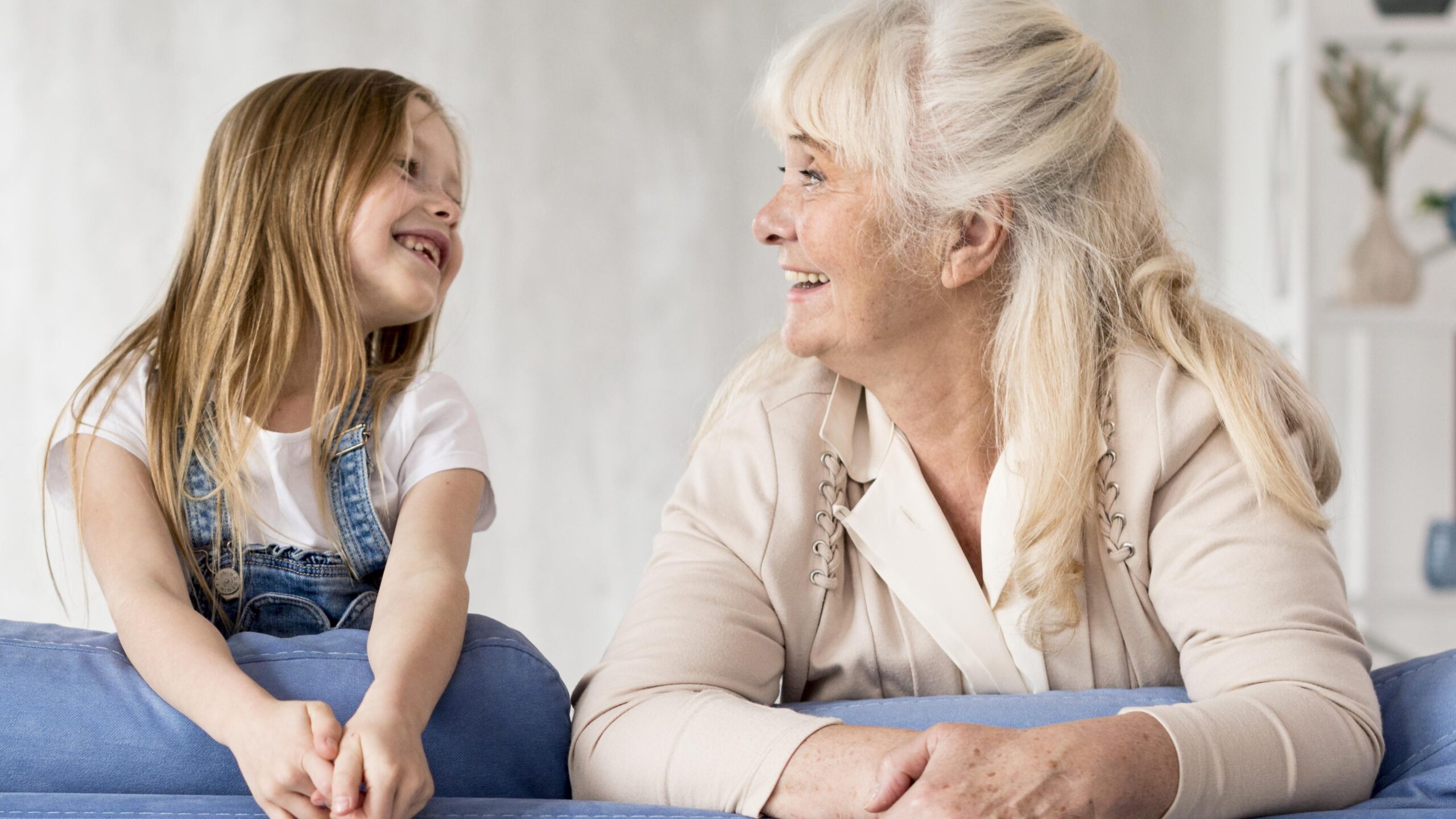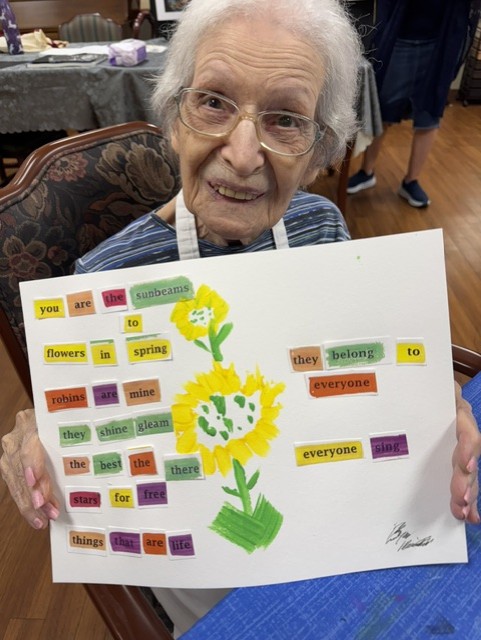I’m not a parent. It’s not that I did not want children, I just didn’t know I wanted kids until I was later in life and single. While I know women who were single and chose to have children, I knew that choice was just not for me.
By the time I truly knew I would not be a mother, I had been given the gift of being the adult in the life of a number of children—my nephew and two nieces, my best friend’s two children for whom I was their godmother, and another friend’s daughter. I think of them all as “my kids”.
I got to spend one-on-one with many of the kids through my offer to take a 3-day trip with them anywhere in the lower 48. They could choose where we go and what we would do. Because of those offers, I was able to raft the Colorado River in the Grand Canyon with my godson, explore Kennedy Space Center and Disneyland with my nephew, and participate in Aviation Camp with my other godson where we were named “Top Guns” for our ability to fly in the simulators. I have the badge to prove it. In all honesty, we only got the award because my godson only let me navigate; he didn’t let me fly. ☹
I was also able to experience the joy of watching my niece’s musical abilities develop through their roles in musical theater productions. And because I love theater, we could always talk about shows and favorite roles.
My friend’s daughter was just three years old when her mother experienced health issues that necessitated extensive hospitalizations. It made her an inconsistent presence in her daughter’s life for almost five years. Luckily for me, my job gave me the flexibility so I was able to help in partnering with her dad to care for her.
She was a smart, precocious little girl who was inquisitive and a true joy. I was able to teach her important lessons such as you only talk during live theater when people are clapping; you must always use a timer when baking cookies so they don’t burn; and one can use one’s imagination to create and write stories about different peoples and worlds.
Ask Questions
That’s all to say, there are many ways to have an impact on the lives of other generations. For some people, though, it can be very difficult to know how to interact with generations other than one’s own. If that’s you, I have two words for you—ask questions. My mom always lamented the fact that when she called her grandkids, they never really said much. I asked her if she asked any questions—if she expressed and curiosity about their lives—and she would say she didn’t know what to say or ask.
I suggested simple questions such as: What was the best part of your day today? Did anything make you sad today? It sounded like you were watching TV when I called; what were you watching? Why do you like the show? I just finished reading a book about {fill in the blank}; are you reading anything right now? Is there something right now you are most curious or wondering about? Were you able to be kind to another person today?
Expressing curiosity in a child’s life is just one way to show our interest. The Bible tells us Jesus said to his disciples, “Whoever welcomes a child in my name, welcomes me.” (Matthew 18: 5 NRSV). We welcome a child when we ask questions about their interests, their friends, and their activities.
It Takes a Village
Unfortunately today, too many children are being raised by non-parent parents—grandparents, aunts and uncles, cousins and even older sisters and brothers.
The African proverb says, “it takes a village to raise a child”. Raising a child is not a solo sport or solely the responsibility of parents or family members. We were created to be in community where we can support parents and show interest in the children.
I think one of the most important things we can do for our children is to affirm their value by offering them a vision of their future that is encouraging, positive, and flourishing—where they can be their authentic selves, experience accomplishment, grow in wisdom, belong to a community where they know they belong, and feel joy; where they can be the people God created them to be by using the gifts and talents they have been given.
For Reflection (either individually or with a group)
Read the blog. Read it a second time, maybe reading it aloud or asking someone else to read it aloud so you can hear it with different intonation and emphases. Invite the Divine to open your heart to allow the light of new understanding to pierce the shadows of embedded assumptions, stereotypes, and ways of thinking so that you may live more abundantly. Then spend some time with the following questions together with anything or anyone who helps you reflect more deeply.
- Was there a non-parent adult who had an impact on your life when you were young? If so who, and how did they make an impact?
- If you find it difficult to talk with children and youth, why do you think that is?
- Are there children within your community to whom you could be a welcoming adult?
Download a pdf including the Reflection Questions to share and discuss with friends, family, or members of your faith community small group.
Courtesy of The Center for Abundant Aging, promoting the riches of Abundant Aging; advocating for an inclusive society that conquers ageism; and delivering education and resources to transform how we think about elderhood. Blog: Copyright 2025, Kim Moeller. All Rights Reserved. Photo designed by Freepik.
View all articles by:






















